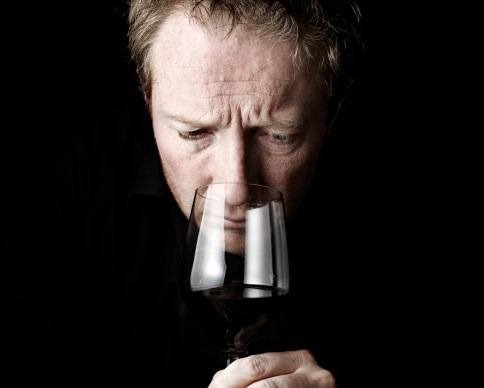Wine Experts' Recommendations Are Kind Of Useless
Have you ever stuck your nose into a glass of wine and wondered why, despite serious effort, you simply cannot detect the notes of "violets" and "cracked pepper" the expert at the store described it as having? Well, if the results of a new study from Pennsylvania State University are to be believed, that may not be entirely your fault.
In the experiment, participants were asked to sample propylthiouracil, an odorless chemical used to measure an individual sensitivity to bitter flavors. Those with "average" or normal tasting abilities are generally incapable of detecting any bitterness, whereas those with more sensitive palates find it very bitter. As it turned out, 110 wine experts demonstrated having more sensitive palates than 220 regular consumers.
Of course, there is the matter of genetics to consider as well. Studies in the past have indicated that a heightened sense of taste is not something that can just be learned, but rather is simply part of a person's biological makeup.
Still, as Professor John Hayes, director of the school's sensory evaluation center, explained to The Telegraph, "What we found is that the fundamental taste ability of an expert is different. And, if an expert's ability to taste is different from the rest of us, should we be listening to their recommendations?"
Honestly, that conclusion seems a little extreme, as taste perceptions even just between average tasters can vary a great deal. But it does raise an important point: When it comes to wine, it's important to know what you like, taste and form your own opinions, and drink what makes you happy.
